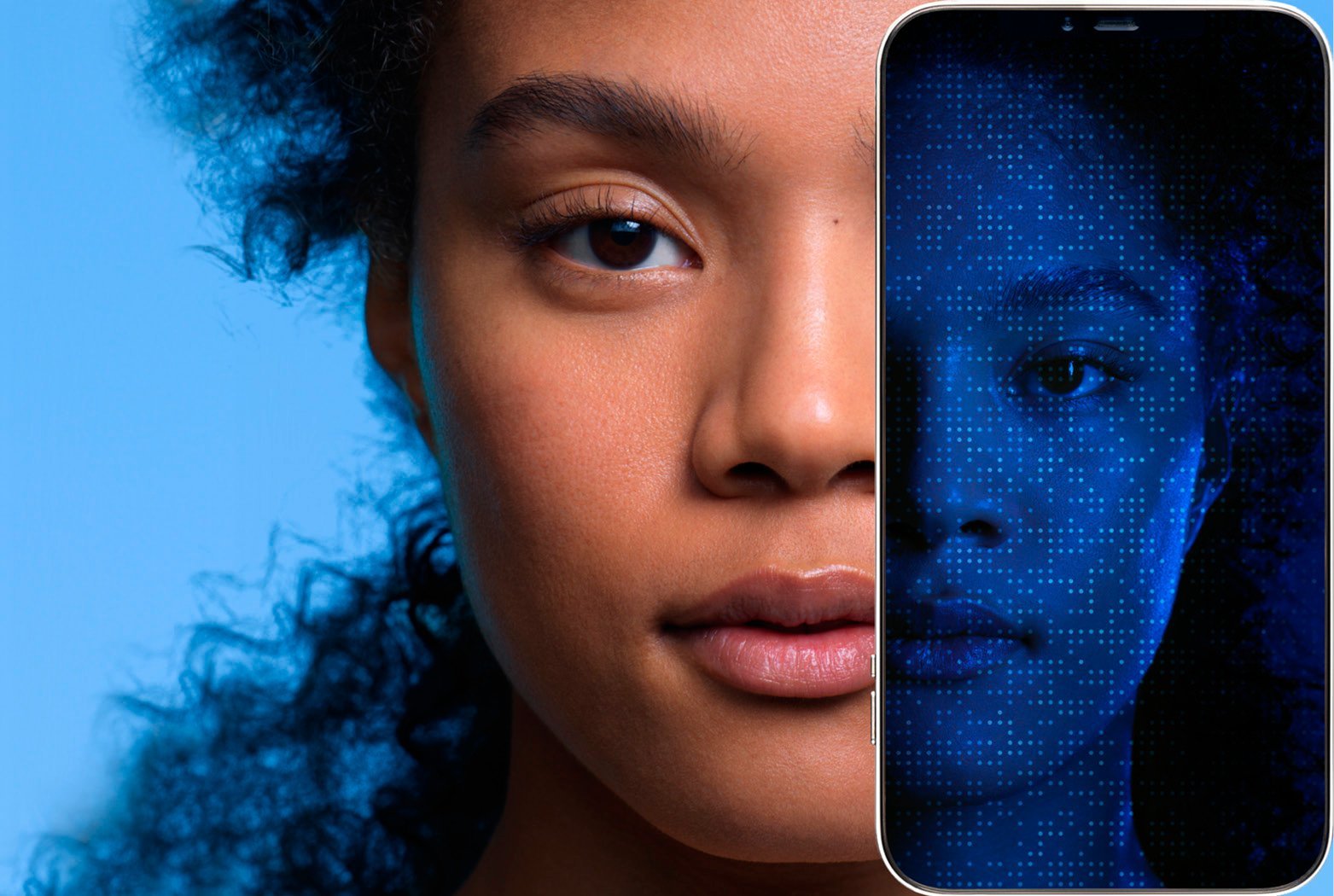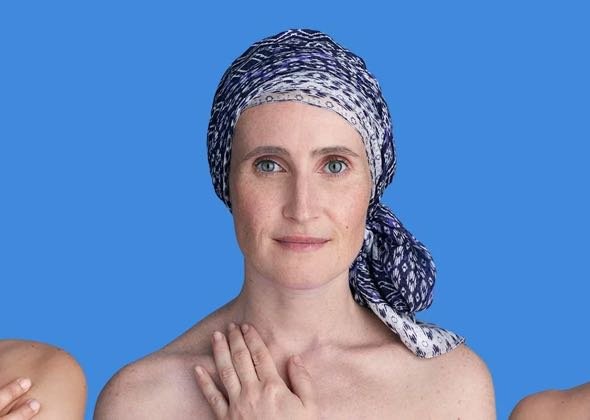How can I get rid of post acne scars?
Post acne scars are notoriously difficult to treat. Certain in-office treatments can help such as microdermabrasion, chemical peels, laser and microneedling. Ideally, post acne scars should be prevented from forming in the first place with suitable medications such as antibiotics or isotretinoin. Ask also your pharmasists about an expert daily skincare such as the EFFACLAR range.
Learn more




